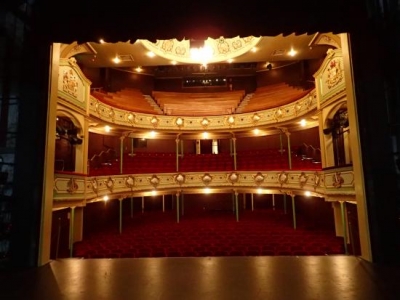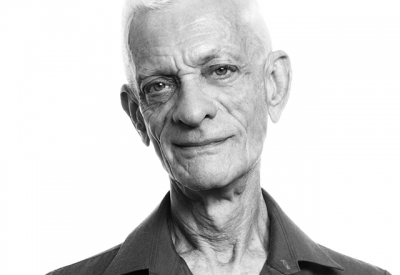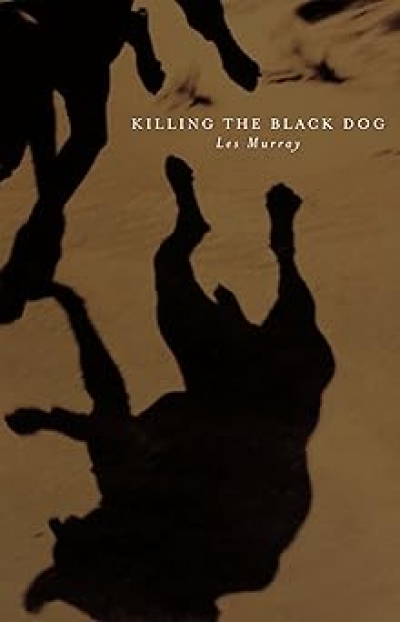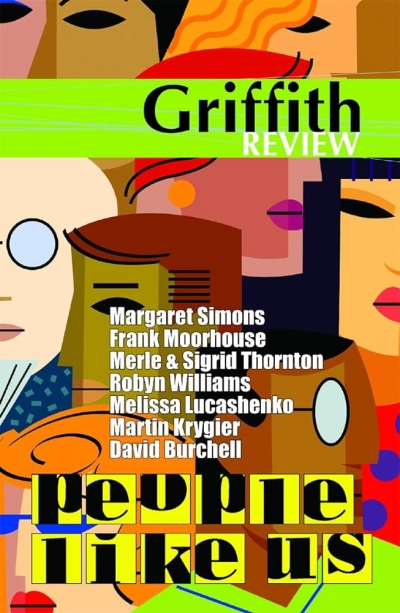Accessibility Tools
- Content scaling 100%
- Font size 100%
- Line height 100%
- Letter spacing 100%
Current Issue
Short story
'Break Character', a new story by Chloe Wilson
The Hair
Tom wasn’t supposed to bring the wig home; it was peeled from his scalp like a banana skin every night. Then it was arranged on a faceless polystyrene head that sat in front of his dressing room mirror.
Commentary
More history, not less: The unnaming of Moreland City Council
On 19 November 2021, a delegation of Wurundjeri Woi-wurrung community leaders and prominent local non-Indigenous representatives presented a letter to Moreland City Council, in the inner-northern suburbs of Melbourne, asking that the Council be renamed. As the petitioners pointed out, Moreland – a name given to parts of the area in 1839 by Scottish settler Farquhar McCrae and then adopted by the local Council in 1994 – was the name of a Jamaican slave plantation to which McCrae’s family had a connection.
The ABR Podcast
PODCAST
The ABR Podcast
The ABR Podcast is released every Thursday and features reviews, poetry, fiction, interviews, and commentary. Subscribe via iTunes, Google, or Spotify, or your favourite podcast app.
Interview
Open Page with Robert Dessaix
Interview
Robert Adamson is Poet of the Month
Interview
Miriam Cosic is Critic of the Month
From the Archive
Black Light by Peter Murphy
Peter Murphy is one of the very best poets under forty writing in Australia today. He also works in the theatre. His play Glitter was performed at the Adelaide Arts Festival, and he has written the libretto for an opera with music by Helen Gifford. Black Light, his first published book of short stories, shows him to be a craftsman of the first order in yet another field.
From the Archive
Killing the Black Dog by Les Murray
Lawrence warned us not to trust the teller, but to trust the tale. Nevertheless, all writers are apt to suffer the fate of being confused or conflated with their works. Maybe it is part of what Goethe entitled Dichtung und Wahrheit. If truth is going to be let into poetry, many readers want to know the facts about the poet: both the jubilant facts and the disconcerting ones. This is not merely irritating nosey-parkerhood. The shimmering glamour of writers is inevitably part of their stock-in-trade. A Byron, a Plath, a Rimbaud, Dickinson or Dylan Thomas has become inseparable from that poet’s reported life, dazzle, sex and dirt. An early death helps no end. It is an example of fatedness which Al Alvarez explored years ago in The Savage God (1971), a title he derived from Yeats talking about Charles Conder and his decadent allies of the 1890s.
From the Archive
Griffith Review 8 edited by Julianne Schultz & Heat 9 edited by Ivor Indyk
Hands up if you subscribe to an Australian journal. Keep them up if you subscribe to more than one. More than two? If you read them? Cover to cover? Half? More than two articles an issue? Hands up if you look forward to them. Maybe it’s just me, but there’s something that makes me terribly tired when faced with the prospect of Australia’s literary and political journals. I stand in front of the (small) shelf made available for them in my local bookshop and try to muster up the enthusiasm I might feel when faced with a shelf of new books; try to feel excited at the prospect of reading them. I have a couple of subscriptions, and when they arrive, I make a point of tearing the envelope open immediately to have a look. And yet I still have to push past a barrier of resistance to sit and actually read them.



























